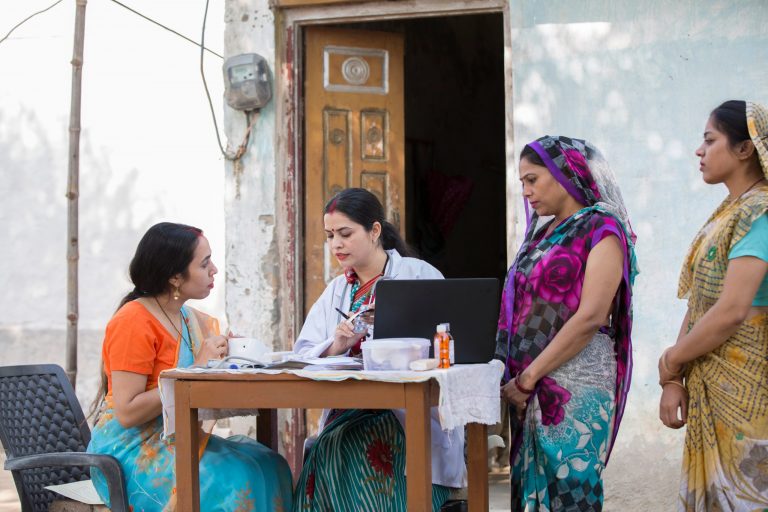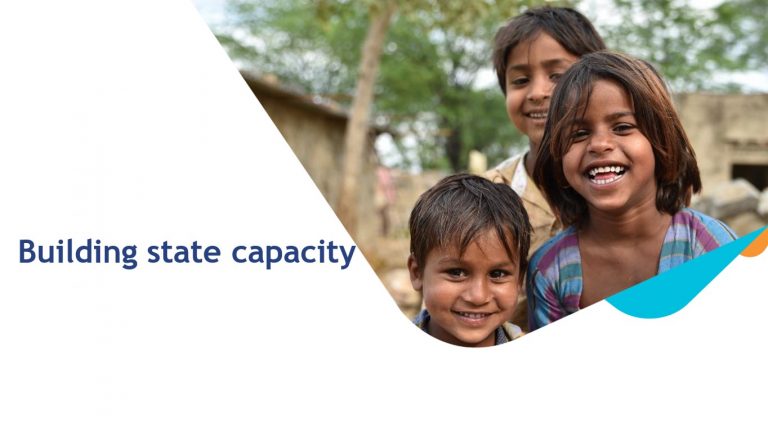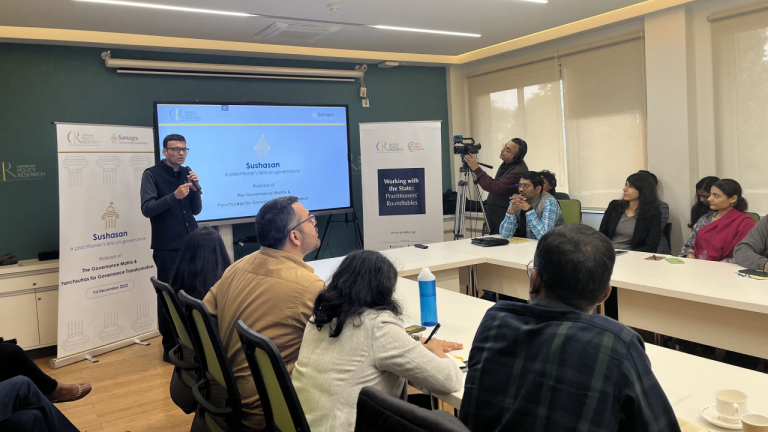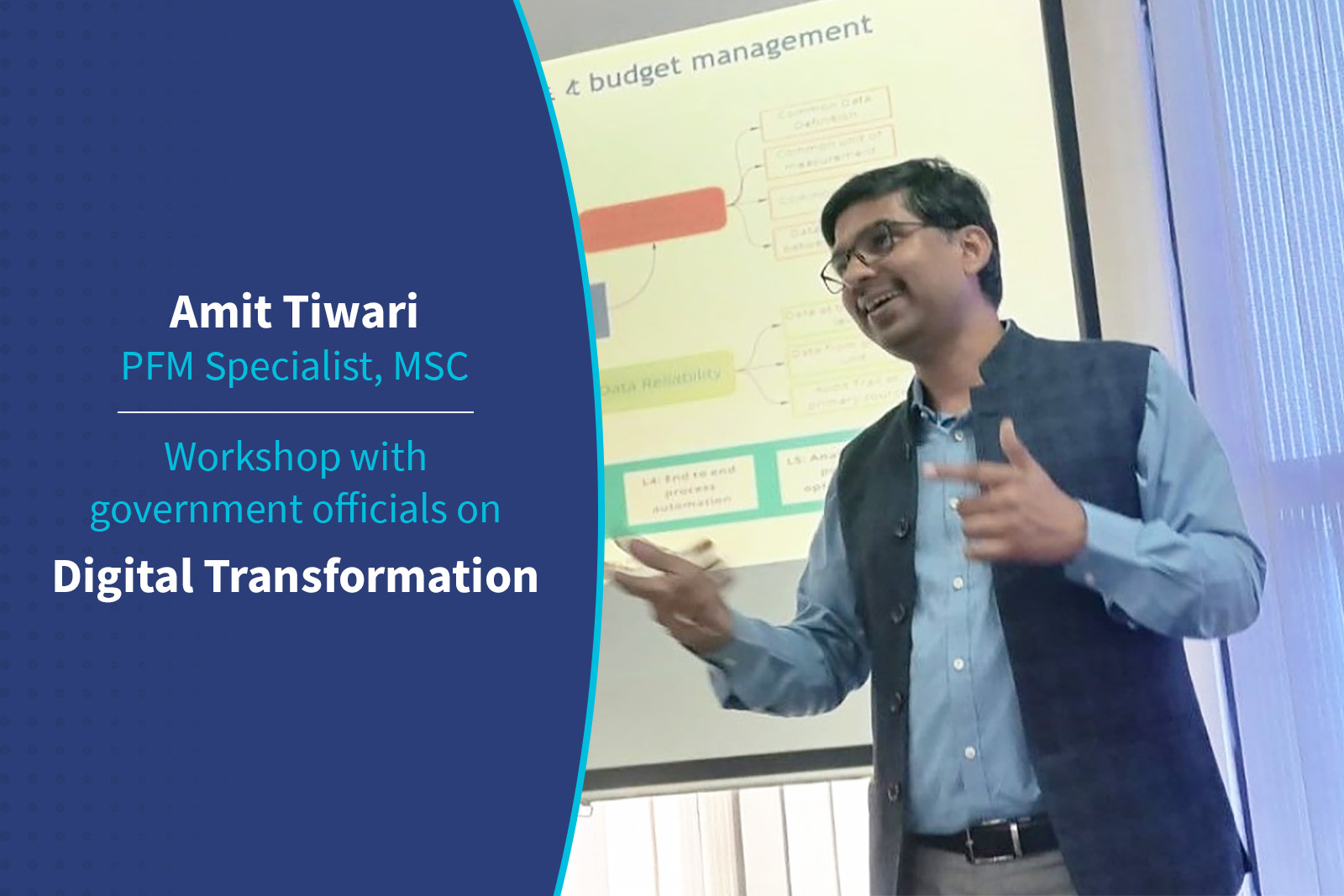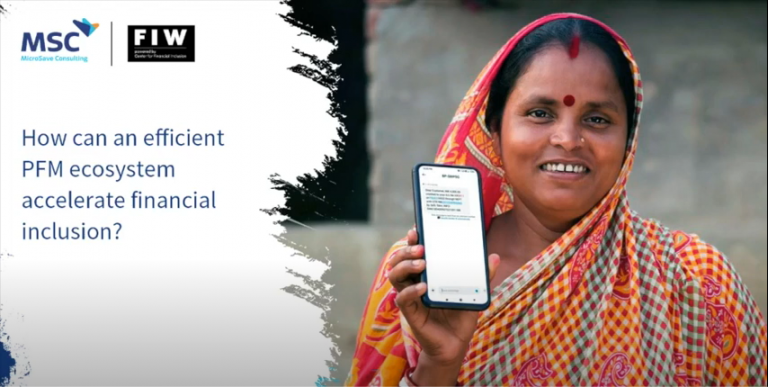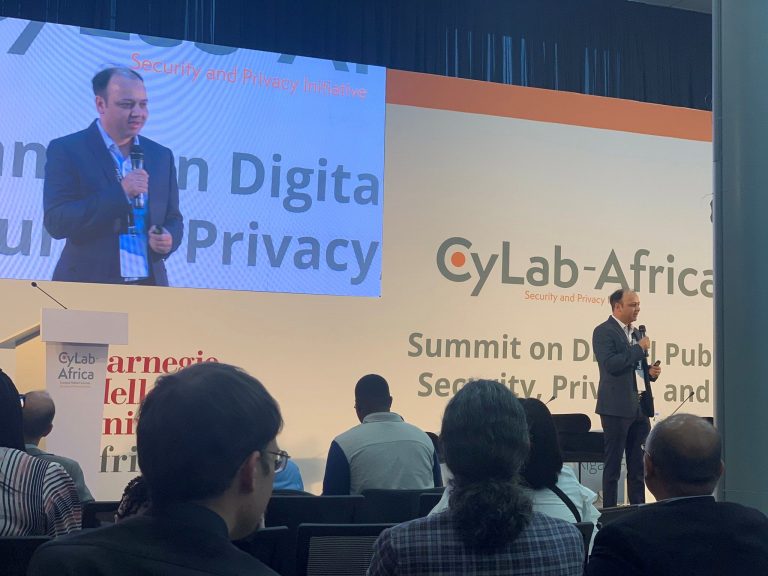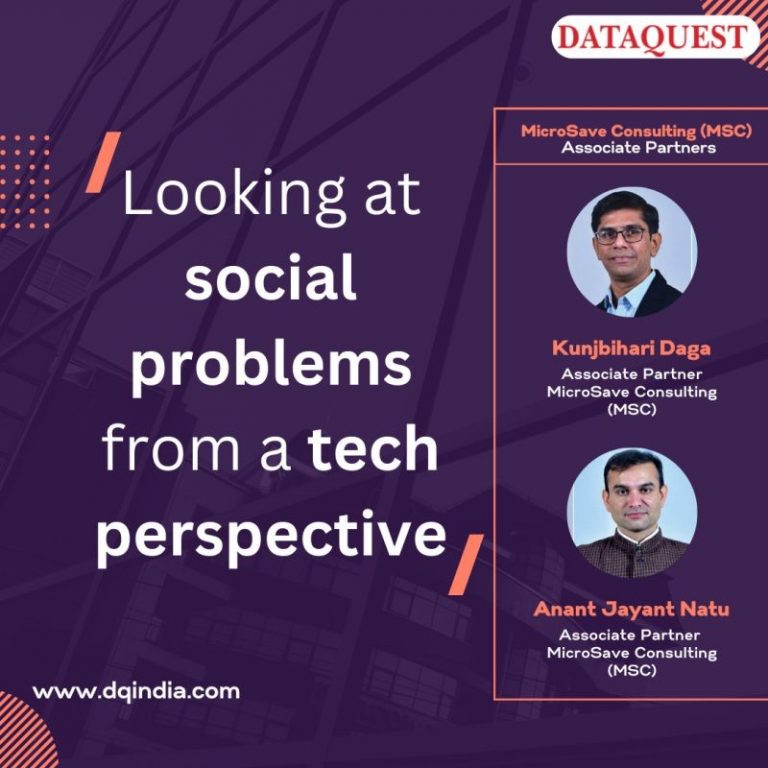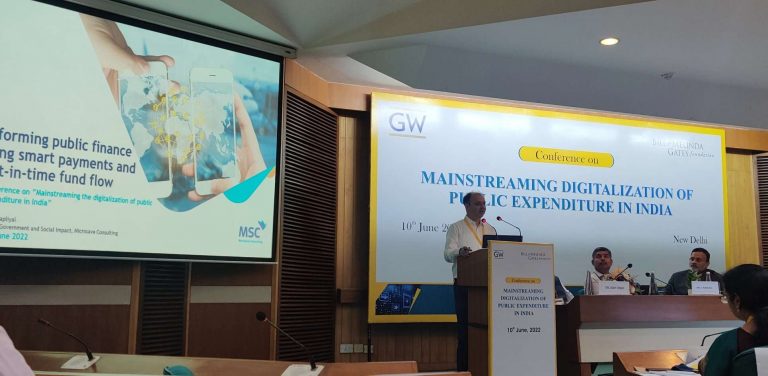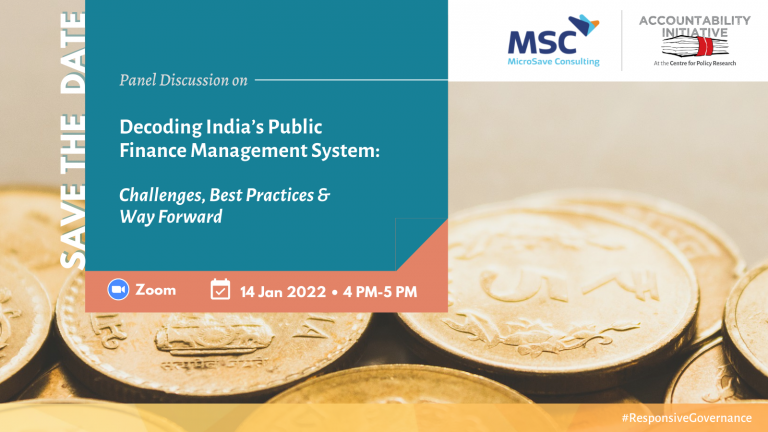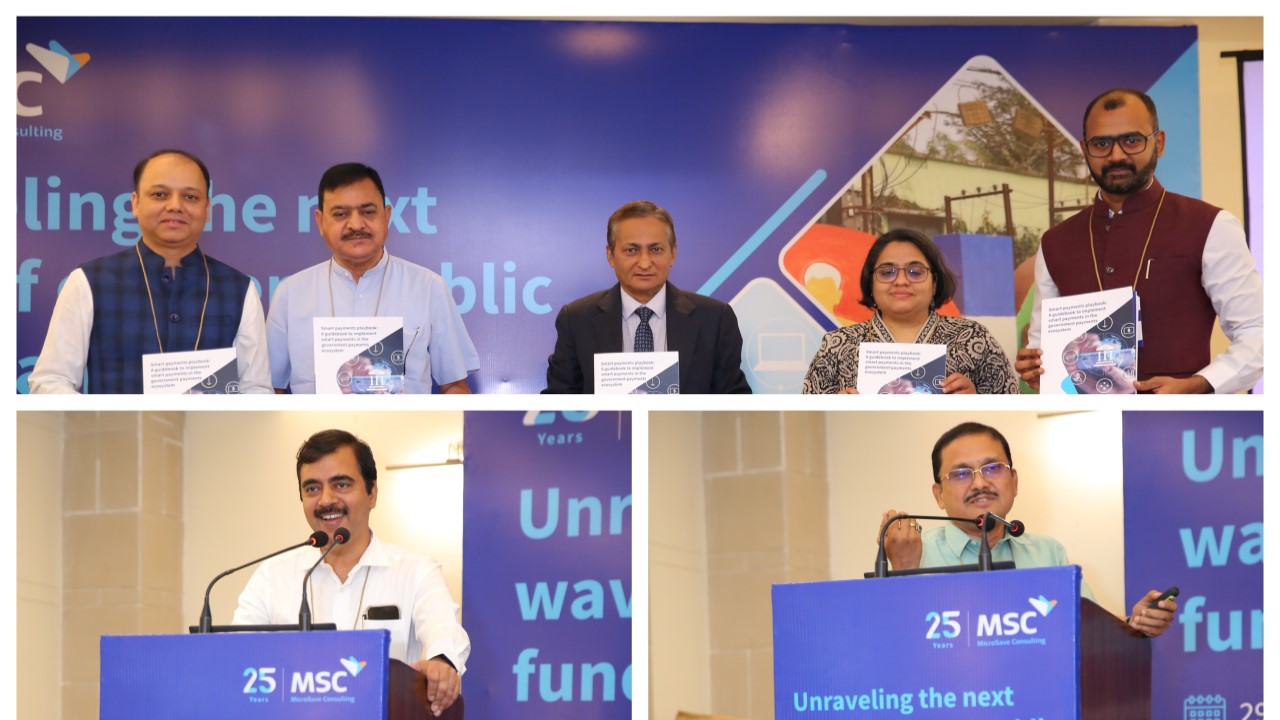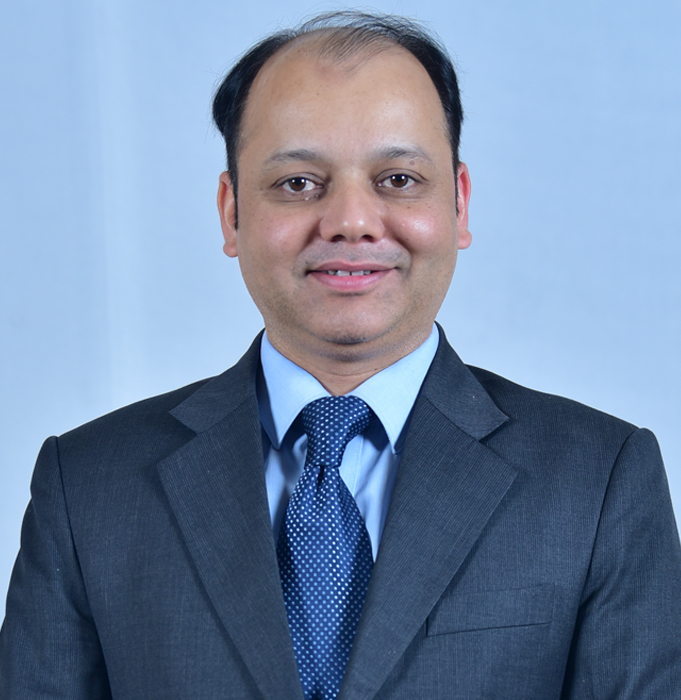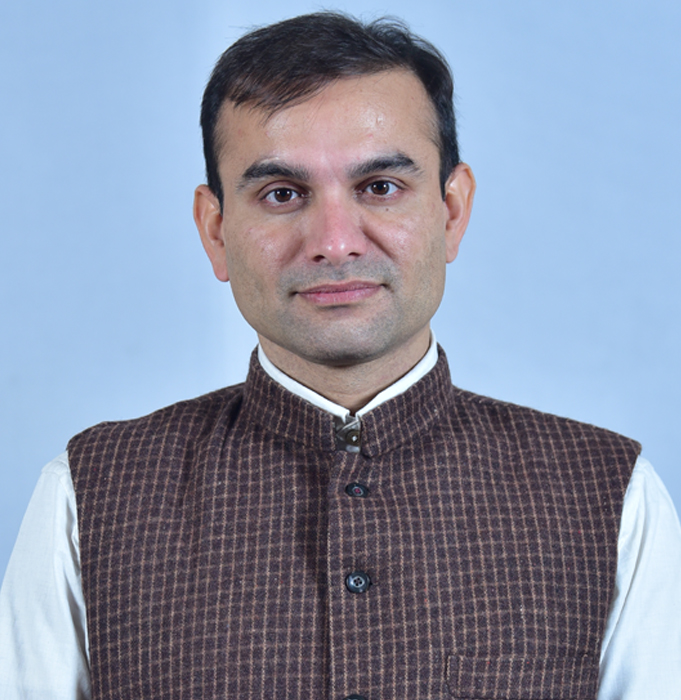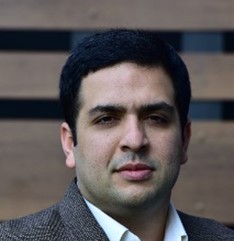Building state capacity
India’s weak state capacity is one of the primary reasons for its underperformance to deliver basic public goods such as public health, drinking water, primary education, areas. We believe that efficient public finance management is the most compelling function for governments to deliver public services.
MSC is working in India to reform the public finance landscape by applying the principles of public finance like Single Source of Truth, Just-in-Time funding, and Smart Payments for more efficient budget execution and expenditure management. MSC uses technology as an enabler by employing digital tools like virtual treasury single account (VTSA), smart payment engine, etc.
MSC works with the state governments in India and several ministries at the Union level to design and run pilots that solve these issues. We are also working with other developing countries, to gauge the effectiveness of these solutions and provide implementation support for replication.

Signature projects
Products

Over the past few decades, Governments have made tremendous progress in digitizing PFM Systems. However, there is a need to take a fresh look based on the new ideas and technologies in the PFM domain. We believe that there is a scope for applying some of these digital tools and principles to resolve the challenges in public finance in general and public expenditure in particular.
Using some of these PFM principles and relevant technology tools, MSC has created the ‘PFM Readiness Index’. The index will help decision-makers gauge the maturity of the PFM ecosystem and chart a course for reforming PFM systems, with a focus on public expenditure. The index can also act as a leading indicator to address the plumbing problems in the systems across various levels in Government.
The PFM Readiness Index rates a government system on parameters aligned to four principles: Just-in-time funding, Single source of data, Observability and De-monopolizing access to public funds and services. The rank received by a government agency on a PFM Index will provide a clearer pathway to improved accountability, lower administrative burden, and frictionless expenditure.

The government still struggles with loopholes in payment delivery to states and agencies that work at the last mile. The smart payments solution can enable frictionless expenditure, decrease administrative burden, and increase accountability in their payment processes. This playbook seeks to facilitate the smart payments framework’s practical applicability for various government payments, whether it is government-to-government (G2G) payments, government-to-businesses or contractors (G2B), or government-to-persons (G2P). It will allow them to identify gaps in their current processes and implement smart payments as an effective solution.
It can also be a reference for any government department that wants to automate its payment processes. Access the playbook here.

Financial Information Exchange (FIX) Platform , a product of e-gov foundation, facilitates the exchange of financial information between various stakeholders. FIX has the potential to be the new frontier of ‘GoodTech’ that can transform data fidelity and data silo issues in the PFM ecosystem in India. MSC has proposed the vision and conceptual framework for IFIX, which is to provide a federated, highly scalable, fault-tolerant, and secure platform that enables the exchange of all financial information within the PFM lifecycle at all levels of government. This platform will enable multiple stakeholders within the PFM ecosystem to coordinate their actions and enhance accountability, through seamless exchange of data, for better outcomes such as innovation, efficient service delivery, and a more user-centric experience. It will also enhance efficiency, as the data is entered at the primary source and flows to all systems that require to use of that information, creating interoperability and ensuring safe exchange of data. This will facilitate the creation of new solutions that provide improved access and service quality.
Resources
In the news




Events
MSC to moderate a session on Digital Public Infrastructure (DPI) at the IFI summit on January 12 th and 13 th 2023. The session will begin with reviewing the role of digital public infrastructure in promoting financial inclusion in the last decade, including the innovation and implementation of Aadhaar and creating a landscape for UPI and AePS. (January 17,18, 2023)
Amit Tiwari, PFM specialist at MSC Conducted a workshop with government officials of West Bengal on digital transformation of budget execution. We discussed the importance of budget execution as a policy tool for improving service delivery. The principle of single source of truth needs to adhere across the PFM ecosystem for financial progress, physical progress and outcomes. (November 10, 2022)
MSC Partner, Mitul Thapliyal attended the event hosted by Samagra in collaboration with Center for Policy Research for the release of two governance frameworks, namely ‘The Governance Matrix’ and ‘The Panchsutras for Governance Transformation’. The event brought together a select group of organizations which work extensively with governments. (Dec 1, 2022)
The public financial management (PFM) ecosystem facilitates digital payments from governments to its citizens (G2P payments) thereby impacting the pace of financial inclusion. This session with Financial Inclusion Week 2022 delves into PFM systems and how the use of a smart payment system and/or just-in-time funding for social sector programs can strengthen financial inclusion, one of the SDGs, address key issues around inclusion and exclusion errors in social sector programs, and whether industry practitioners can develop replicable digital public goods for payment systems.
MSC Partner Mitul Thapliyal presented India’s journey to build Aadhaar as a sustainable and fair Digital Public Infrastructure at CMU (Carnegie Mellon University, Africa) and how it reduced the cost of service and enabled the private sector and government to be more inclusive and fairer. He also spoke about India’s ambitious plan to build an Agristack, which will enable farmers to access and use digital services, primarily for credit, advisory, inputs and market linkage.
MicroSave Consulting (MSC) Associate Partners Anant Jayant Natu and Kunjbihari Daga talk about the Government’s social impact through technology with all its capacity constraints, the success of India Stack and what more needs to be done.
MSC Partner Mitul Thapliyal spoke on reforms in public finance management using digital tools at the National Conference on Mainstreaming Digitalization of Public Expenditure held on 10 June, 2022. George Washington University organized this conference with support from the Bill & Melinda Gates Foundation (BMGF).
Mitul highlighted incorporating digital technologies, such as Just-In-Time funding and Smart Payments, in public finance management to solve the twin problems of unpaid dues and unspent funds. Further, these digital tools can improve accountability, reduce administrative burdens, and remove friction in expenditure. The use of digital tools will also lead to better implementation of government schemes and programs. Mitul also highlighted MSC’s ongoing projects in Odisha to improve fund flow and implementation in various schemes.
Seminar on “Unraveling the next wave of efficient PFM”
Partners




















We at MicroSave Consulting are helping governments build their capacity to serve their people. If you believe reforms in the public financial management systems are the way forward, be a part of our community of practice. Reach out to our team members at the PFM practice. You can write to us at anant.natu@microsave.net






